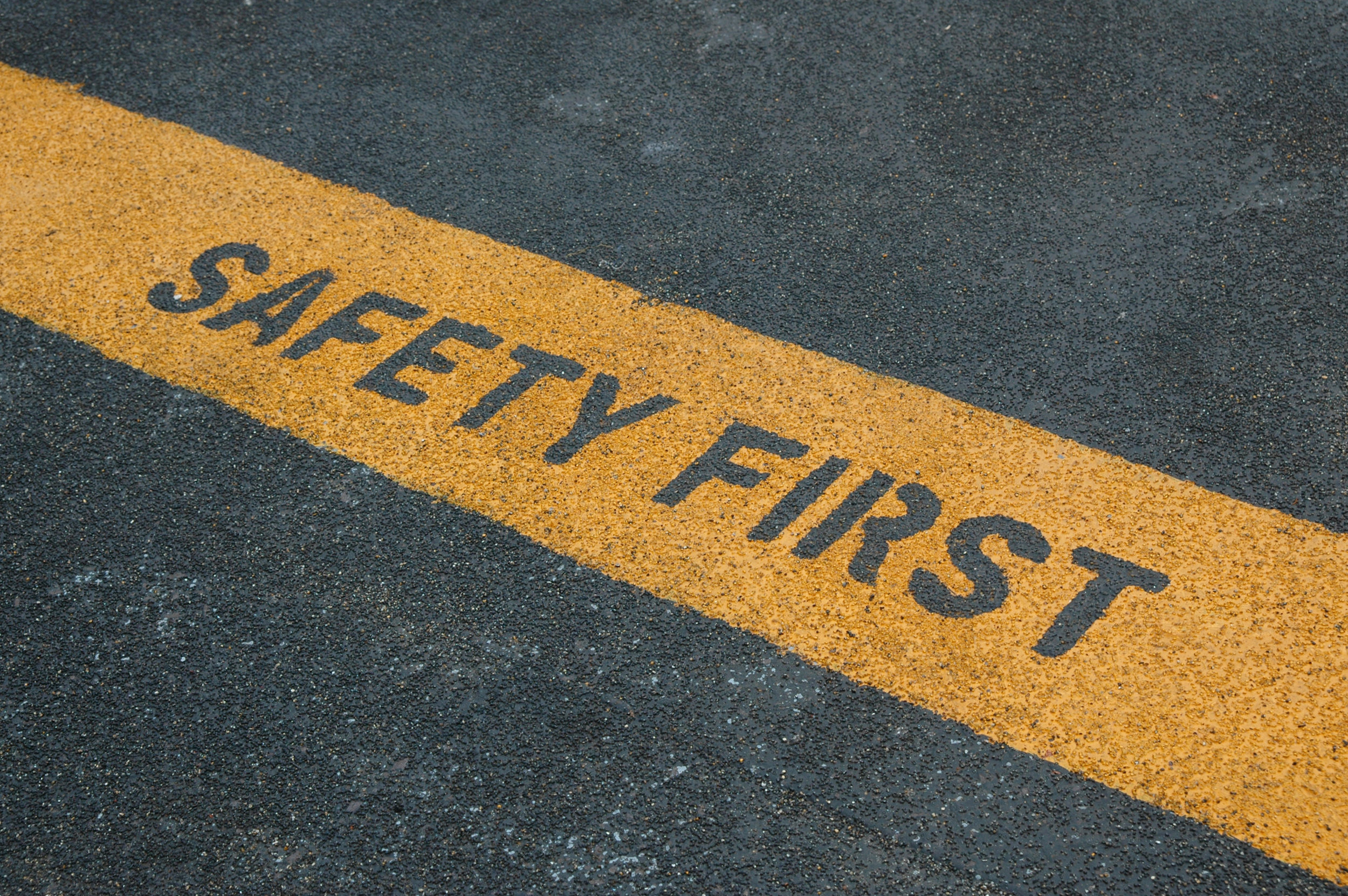If you live in New South Wales, you may have seen a Government-run television ad campaign promoting workplace health and safety recently. The sixty second ad shows a few scenarios where workers might face hazards in the workplace.
In one of the ads, a man on the top of a building unclips his safety harness to gain access to a hard to reach area. In another, a woman using a vacuum cleaner drapes a cord with an exposed wire over her shoulder.
The message in these ads are important, however not all workplace hazards are as obvious as the ones shown in the ad. In fact, some are virtually invisible.
Sleep deprivation is one of these invisible workplace hazards. It is a topic gaining more traction in the human resource and workplace space, and rightly so.
A lack of sleep decreases our attention and can cause lapses of memory and judgement. A University of Sydney study showed that being deprived of sleep for more than 18 hours caused the same level of impairment to someone with a blood alcohol level of 0.05. Most workplaces have rules around coming to work intoxicated but not all have a position on sleep.
The cost of sleep deprivation is something that employers cannot ignore. Car and workplace accidents caused by inadequate sleep cost the economy $3.64 billion alone. Presenteeism caused by sleeplessness costs $6.79 billion and lost productivity costs $17.87 billion.
However, up to 45 per cent of Australians are not getting adequate sleep, according to the SLEEP Journal, published by the Oxford University Press.
Yes, chronic sleep disorders are on the rise, as is the number of workers working to international time zones forcing them to work when they should be sleeping. However, Australians are more commonly affected by what is being called “social jet lag” by journal Sleep Medicine.
Social jet lag refers to the effect of using technology before going to sleep and then the interruption of natural sleep patterns we experience to wake up in the morning to go to work. If this sounds familiar, you are not alone, one in three Australians feel its effects.
So why do so many people stay awake looking at their screen instead of getting to sleep? It seems that most people think sleep is overrated. The University of Sydney study Why are we so tired? which surveyed 1,200 respondents found a common perception that sleep was a waste of time. In more severe cases, we know that ambitious high-flyers begin to think of sleep as a guilt-inducing luxury.
However, there is much to gain from adequate sleep. Findings from Reventure show that people satisfied with their sleep are more satisfied in all areas of their lives, including their physical wellbeing and their job. 85 per cent of satisfied sleepers feel as though their life has a sense of meaning and are less likely to be stressed about their finances, work as well as their health and fitness.
Wherever your workplace is, it is important to remember that sleep deprivation is not only a hazard to your safety but for also for your productivity. It may not be as easy as clipping on a safety harness, but getting enough sleep is just as important.

